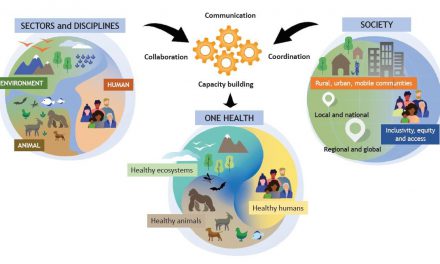A new clinical trial has demonstrated that potassium-enriched salt may significantly reduce the risk of recurrent stroke and mortality. Findings from a large-scale cluster randomized clinical trial in rural northern China suggest that substituting regular salt with a potassium-enhanced alternative could be a cost-effective and accessible intervention for stroke survivors.
Study Insights
The research, a subgroup analysis within the original Salt Substitute and Stroke Study (SSaSS), was published in JAMA Cardiology by Xiong Ding et al. Stroke remains a leading cause of death and disability, particularly in low- and middle-income countries. In China, stroke recurrence rates exceed global averages, with 17% of stroke patients experiencing another event within a year and 41% within five years.
Research Methodology
The SSaSS trial encompassed 600 villages and included 20,995 individuals. Researchers analyzed data from 15,249 participants who had previously suffered a stroke. The study involved replacing regular salt with a substitute consisting of 75% sodium chloride and 25% potassium chloride. Researchers monitored key health outcomes, including blood pressure, stroke recurrence, mortality, and hyperkalemia risk, while also tracking urinary sodium/potassium excretion.
Key Findings
The study found a 14% reduction in recurrent stroke cases among participants using the potassium-enriched salt. Additionally, hemorrhagic stroke incidence dropped by 30%, and stroke-related deaths declined by 21%. No significant increase in hyperkalemia cases was observed between the groups.
Public Health Implications
These findings suggest that potassium-enriched salt is a safe, low-cost dietary intervention that could help reduce recurrent strokes and mortality among stroke survivors. Researchers advocate for broader implementation, especially in regions with high sodium consumption and limited access to preventive healthcare.
Reference
More information: Xiong Ding et al, Salt Substitution and Recurrent Stroke and Death, JAMA Cardiology (2025). DOI: 10.1001/jamacardio.2024.5417.
Disclaimer: This article summarizes recent research findings and is intended for informational purposes only. It does not constitute medical advice. Individuals should consult healthcare professionals before making any dietary changes.











